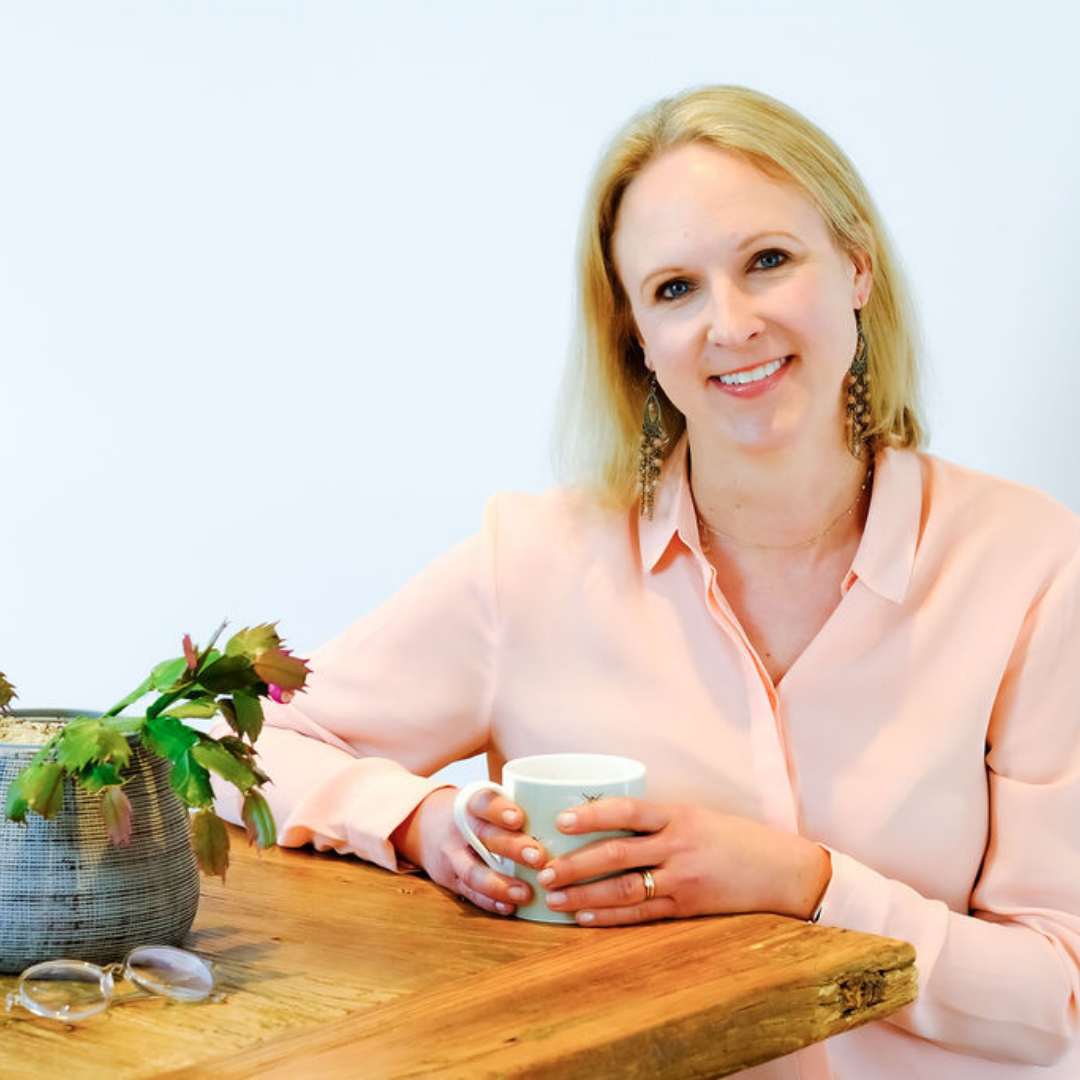Let’s prioritise ‘the how’ over ‘the what’ with major donor fundraising

My appraisal as a 22-year-old & raising large gifts – what I’ve learnt
If you work in major donor fundraising, or you manage someone who does, you’re likely to spend less than 3 years in post. There are many reasons for this, but from working with over 100 different fundraisers and leaders, I’ve seen a real struggle with internal challenges and frustrations. And Coronavirus has heightened the uncertainties, pressure and anxieties around raising large gifts. Being able to navigate effectively within your organisation, means you can open up more fundraising opportunities outside it, and enjoy this area of fundraising far more.
A perspective – from those working in major donor fundraising
“My senior team have completely unrealistic expectations of how much we can raise from major donors.”
“I want my trustees to share their networks but they seem really disengaged.”
“I feel like I’m having to justify every decision we make around events and activity to engage high-net-worth individuals.”
These are some of the most commons challenges I hear from my work helping over 100 organisations raise more large gifts. You or a colleague might feel stuck, frustrated or demotivated because you’re unsure how to influence internally to remove the blocks that are stopping you from raising more; to get the support and backing you need.
Many fundraisers and leaders I work with know what they and their organisations need to do to provide better engagement and experience for their current and potential major donors. Yet there can be a feeling of powerlessness to change things internally. Many people I work with are so busy and stressed they haven’t considered if or how they could try to influence internally for positive change.
A perspective from Leadership
“Why haven’t the team brought in more large gifts? Why are we under budget?”
“Why aren’t we receiving seven figure gifts like x non-profit I saw in the news?”
“I mentioned this idea to the team months ago and no one’s come back to me.”
“We’ve tried this area of fundraising before and it just didn’t work. We’re not the type of charity that philanthropists will want to give to.”
These are some of the most common queries and frustrations I hear from my consultancy work with CEOs and trustees across charities of all sizes, and from my own leadership roles in charities. There are many senior teams and Boards who are equally frustrated or demotivated with major donor fundraising in their charity.
Looking at how we are working
Roll back 16 years and I’m sitting in Unilever’s Surrey office, an eager member of the sales graduate scheme, waiting for my appraisal to begin with my manager.
What did we spend 90 minutes discussing? My performance against sales targets? How effective my promotions in stores had been? The world of BOGOFs (buy one get one free for those without retail lingo!) versus 2 for 1s? If my Dove soap forecasts were accurate? Well some of that. But we spent most of the time discussing how I’d been working.
The how we had been going about our roles and how we had been achieving things was prioritised. It meant phrases like “Strategic Influencing” and “Passion for the Future” were incorporated into our objectives and development plans. Although that last one still makes me cringe, they were so central, I still remember them! They were central to Unilever’s recruitment. Unilever knew that ‘the what’ – calculating a sales promotion, or learning their marketing ABC – could be taught; but that they needed candidates displaying ‘the how’, such as effective influencing.
When I come across the challenges listed above, I’m regularly reminded of the importance of ‘the how’, and in particular of “Strategic Influencing”.
Of the fundraisers and CEOs I’ve coached and worked on projects with, all have either cited influencing internally as the main area they want to work on, or it becomes apparent through conversation that it’s central to the challenges they are facing.
One of the dictionary definitions of influencing is “to affect or change how someone or something develops, behaves or thinks”. Apply that to any of the situations those working in major donor fundraising and charity leadership regularly face and it seems a magic bullet. But whilst there’s no magic about it, influencing is a skill that can be learnt.
Practiced over time, with support, it can make a fundamental difference to how you operate, how much you enjoy your role, and the funds raised.
- It stops us becoming static and frustrated with internal blocks and situations.
- It forces us to put ourselves in others’ shoes and genuinely approach people as individuals.
- It debunks the negative myths around “internal politics”.
- It means we need to slow down and consider how we reach a goal.
- And it teaches us that if we want something to change, we need to plan who we need to influence, directly and indirectly, and be patient.
You may know some highly effective and successful people working in major donor fundraising who are incredibly strong at influencing. I would argue they are successful in a large part because of their influencing. Of course, there will always be situations with leadership or peers that even the most skilled influencer will find hugely challenging and hit a wall. (and situations where you need to remove yourself from unsupportive or toxic cultures).
However, if influencing and focusing on the how can become as high a priority as a fundraiser’s financial targets, who knows how much more money can be raised externally with major donors…..

Louise Morris is the Founder of Summit Fundraising. She is a major donor fundraising specialist and has worked with over 200 charities helping them raise large gifts.
